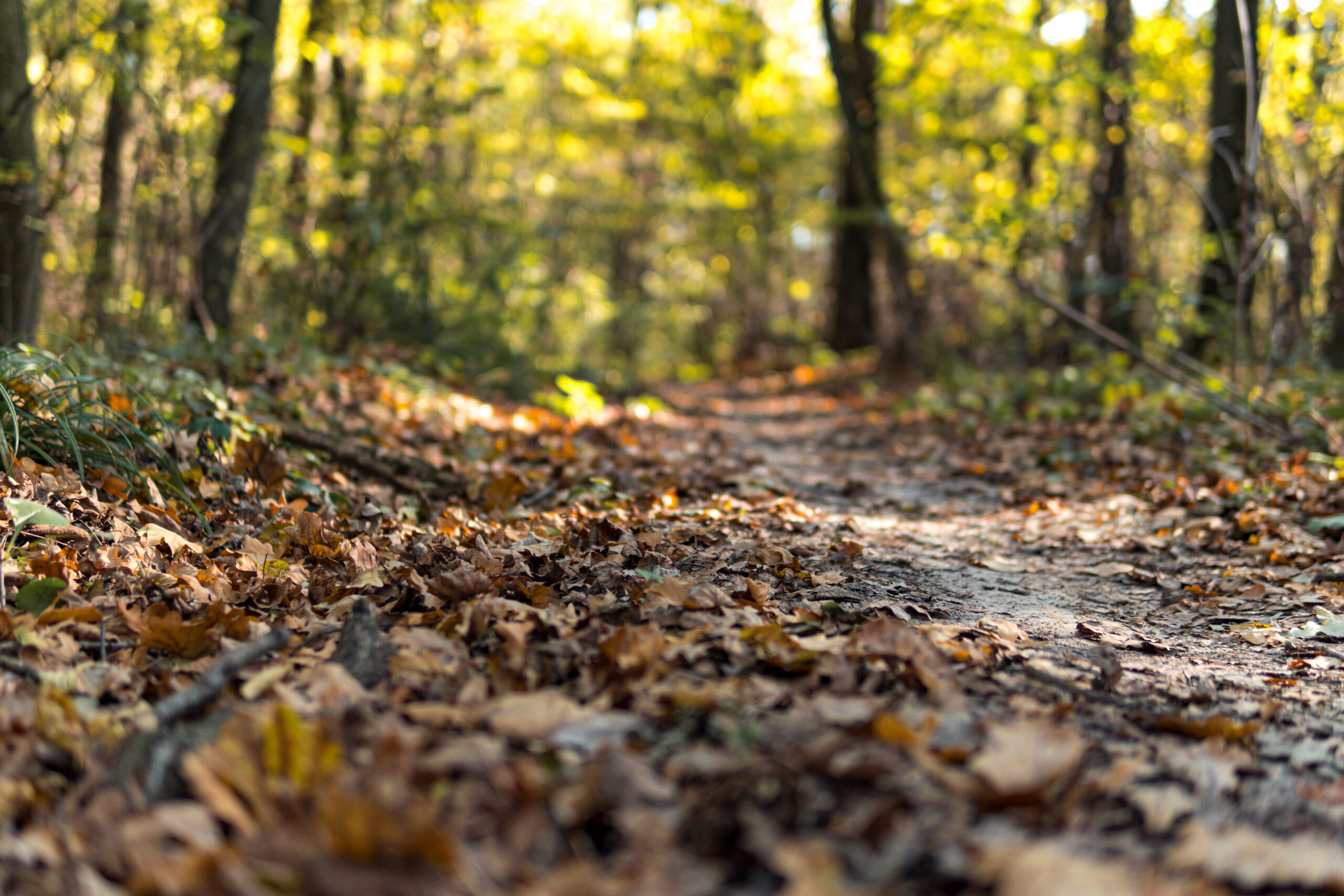Co(l)laboratory 2025 Research Placement

Key Details
Deadline: 11:59pm Sunday 06 April 2025
Funding offer: Candidates receive a tax-free bursary of £1,300, paid in 2 instalments.
Project start date: Monday 28 April 2025
Working hours: Part-time, fixed term (minimum 14hrs hrs per week) until 11 July 2025
Working style: Flexible working supported with some in-person training and meeting requirements. Exact working pattern to be agreed between successful candidate and lead supervisor.
Certification: On successful completion, candidates will receive a formal certificate of recognition from Nottingham Trent University and the University of Nottingham.
Project Supervisors
- Lead Supervisor: Dr Katy Voisey, University of Nottingham
- Co-Supervisor: Dr Jenni Cauvain, Nottingham Trent University
- Community Supervisor: Jules Sebelin, Nottingham Community and Voluntary Service
About The Project
A sustainable resource with potential community benefits, freely available and literally under our feet sounds too good to be true. But is it? You can help us work this out. This Research Placement project offers the opportunity to scope out the potential ways in which fallen leaves can be transformed from a common waste material into a useful resource with a potential place in a green, sustainable, circular economy. You do not need prior qualifications or experience but you do need basic literacy, IT and communication skills, and importantly, a passion and curiosity about how to create a more sustainable city.
This unique project combines two University disciplines of Materials Engineering and Urban Sociology:
- Urban Sociology research has shown how spending time in nature in urban settings can have a positive impact on people and communities.
- The Materials Engineering part of the project focusses on sustainable use of materials – transforming a waste material into a useful resource is a concept that is central to all circular economy and sustainable engineering work.
This placement project will bridge these two areas. We don’t expect you to be an expert in both, or even either area. There is academic support from both a Materials Engineer (Katy Voisey) and an Urban Sociologist (Jenni Cauvain) both of whom are experienced in supervising research.
There are many cases where the best thing for the environment is to simply leave leaves where they fall so that they can rot down, enrich the ground and contribute to the local ecosystem. We are not interested in those leaves. The leaves we are interested in are leaves which accumulate in areas where they are not wanted and cause problems such as making pavements slippery and hazardous, causing grass to die by blocking the light, as well as causing problems by blocking drains. Even those people who do compost frequently have too many leaves that they end up filling garden waste bins with them – something that residents need to pay for.
Project Aims
Preliminary work has already identified two ways in which waste leaves can be used constructively: generating leaf mould rich compost and generating green corrosion inhibitors. The scoping work to be done in this research placement will help to determine the viability of setting up community schemes to gather and process leaves for each of these two uses. These two applications should be regarded as a starting point, we encourage the placement student to expand the work to include additional options by exploring literature on this topic and speaking to community representatives.
The community aspect of the scheme is where the urban sociology comes in. The benefits of engaging with the local natural environment are well known, these include physical and mental wellbeing, as well as a sense of place and belonging. Nottingham and its surrounding districts include many neighbourhoods which could benefit from such engagement, and have an abundance of leaves. Scoping out how to set up leaf utilisation schemes that operate in such a way that not only is a waste resource repurposed into something useful, but there is direct community benefit by increased engagement with people and with the natural environment, is the main purpose of this research placement supported by Nottingham Universities and NCVS.
What will a successful candidate be doing?
- Conduct a short literature review to understand what current academic literature says about community activity focused around urban natural resource uses to identify any knowledge gaps and opportunities.
- Carry out stakeholder mapping and engagement activities with relevant local communities, to explore how waste leaf resources could be collected and processed. This will involve some local travel, with costs covered by the project budget.
- Produce a written report to showcase and discuss the outcomes of the project, and to propose new potential uses for leaf waste in urban communities.
Who are we looking for?
For full details of our eligibility criteria, please visit our 2025 Research Placements web page. We encourage those who meet most of the essential criteria to any extent to apply.
Essential Competencies
- A passion for the environment and sustainability
- A curiosity to understand how communities can be benefit from sustainability and green initiatives.
- Good communication skills in English both written and spoken
- Ability to think logically and willingness to work with complex ideas.
- Strong IT literacy.
Desirable Competencies
- An interest in finding new sustainable materials
- Awareness of urban sustainability challenges from social and environmental perspectives
- Experience of green space/outdoor/gardening type work or activity in Nottingham(shire)
- Experience of writing reports
Recommended Further Reading
- The Big Green Book The Big Green Book | nottinghamcvs.co.uk
- Natural England Social Prescribing: the power of nature as treatment – Natural England
- Coventry, Peter A, JenniferV.E. Brown, Jodi Pervin, Sally Brabyn, Rachel Pateman, Josefien Breedvelt, Simon Gilbody, Rachel Stancliffe, Rosemary McEachan, PiranC.L. White (2021) Nature-based outdoor activities for mental and physical health: Systematic review and meta-analysis, SSM – Population Health, Volume 16, https://doi.org/10.1016/j.ssmph.2021.100934
- Fallen autumn leaves are a valuable resource – here’s how to make the most of them, Muhammad Ali and Anita Carey, The Conversation, November 23, 2023 https://theconversation.com/fallen-autumn-leaves-are-a-valuable-resource-heres-how-to-make-the-most-of-them-218217
